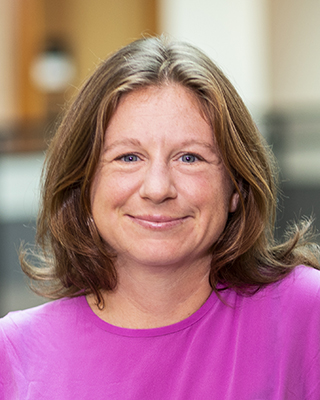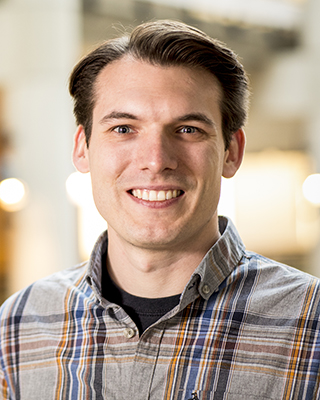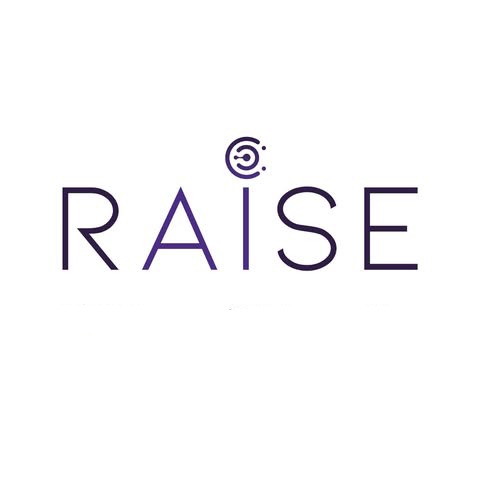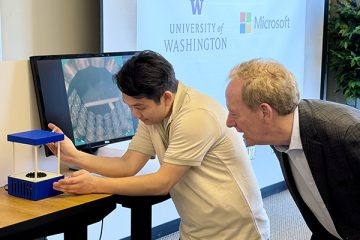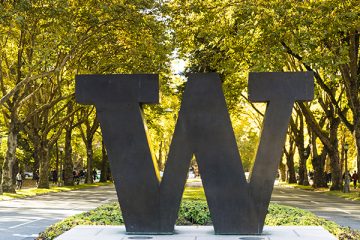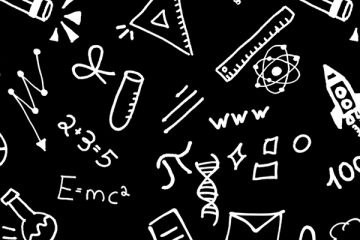Allen School researchers are at the forefront of exciting developments in AI spanning machine learning, computer vision, natural language processing, robotics and more.
We cultivate a deeper understanding of the science and potential impact of rapidly evolving technologies, such as large language models and generative AI, while developing practical tools for their ethical and responsible application in a variety of domains — from biomedical research and disaster response, to autonomous vehicles and urban planning.
Groups & Labs

Behavioral Data Science Group
The Behavioral Data Science Group leverages large-scale behavioral data to extract actionable insights about our lives, health and happiness by combining techniques from data science, social network analysis, and natural language processing.
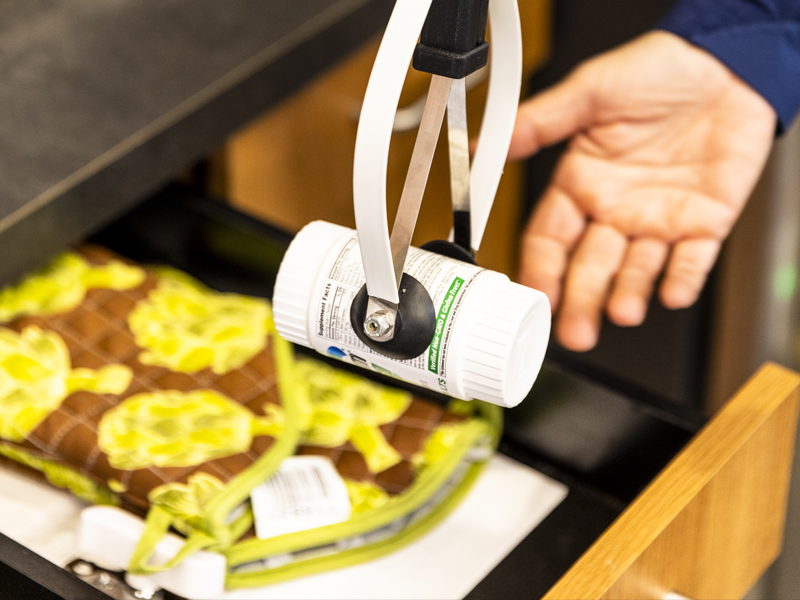
Human-Centered Robotics Lab
In the Human-Centered Robotics lab we aim to develop robotics that are useful and usable for future users of task-oriented robots.
Faculty Members
Centers & Initiatives
RAISE envisions a future where AI systems are developed and used in alignment with human ethics and values. With researchers from over a dozen labs across disciplines, RAISE is a leading center for research and education: building, evaluating, and envisioning AI technologies in the area of Responsible AI.
IFDS organizes its research around four core themes: complexity, robustness, closed-loop data science, and ethics and algorithms. By making concerted progress on these fundamental fronts, IFDS aims to lower several of the barriers to better understanding of data science methodology and to its improved effectiveness and wider relevance to application areas.
Highlights
GeekWire
Allen School News
UW News

